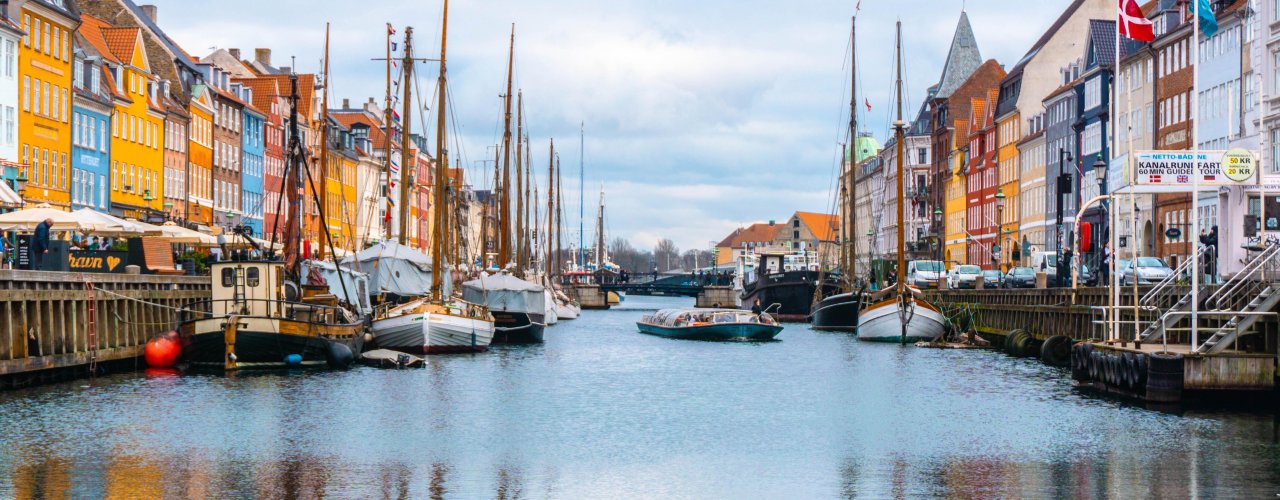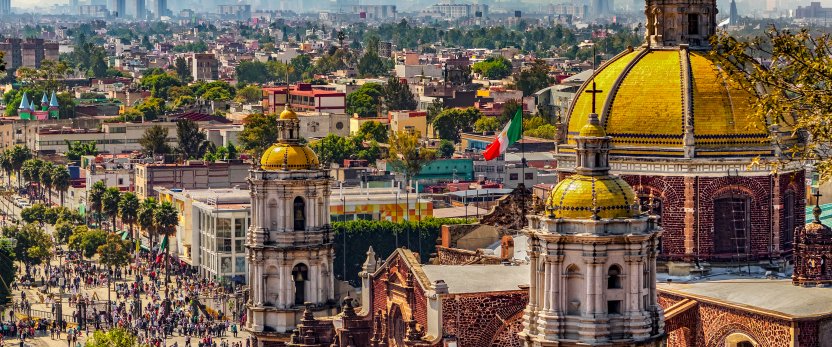About Global Hubs
Launched in 2022, Cornell Global Hubs are Cornell's strategic partnerships with world-class peer institutions located across the globe.
Global Hubs connect the entire university with strong international peer institutions and their communities, countries, and regions—for student exchanges and internships, high-impact research collaborations, and multilateral engagement among Hubs network partners.
Why Global Hubs?
Global Hubs offer opportunities and support for Cornellians to study, research, teach, and engage around the world by providing sustained institutional connections in key locations. Hubs coordinate Cornell’s presence in these places, bringing students and faculty together with partners, prospective students, and alumni.
“Global Hubs are different and important because they are university-wide partnerships. They are coordinated and have buy-in at the highest level in the partner university; they are long-term; and they bring together students, faculty, alumni, and community members.”
~Wendy Wolford, Vice Provost for International Affairs
Global Hubs strengthen Cornell’s global impact through a network of strategic partnerships designed for long-term, transformative engagement. No two Hubs are identical, but all are based on the principle of mutual benefit and exchange. Cornell works with Hubs partners to develop hands-on projects that expand the range of academic experiences at home and abroad.
Faculty and students across our Global Hubs join a vibrant network of transnational research and educational opportunities, partnering with Cornell and other Hubs partners.
Each hub amplifies Cornell’s global presence while providing our community of students and faculty with focused resources for regional engagement. This strategic investment yields multiple returns:
- Enriched student experiences
- Expanded research funding opportunities
- Strengthened faculty collaborations
- Innovative solutions to pressing global challenges
Hubs Fast Facts
580
Cornell students studied at Hubs
$456K
Cornell-Hubs joint seed grants (2024)
337
Global Internships applications (2025)
8 of 9 Cornell colleges and schools
sent undergrads to Hubs locations for an international experience.



